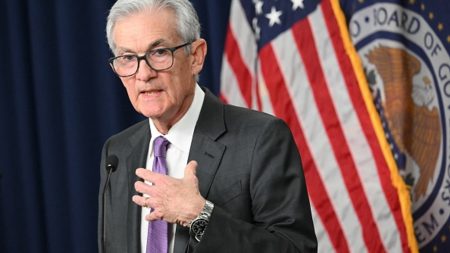A new study conducted by researchers from Harvard, the London School of Economics, and the University of British Columbia sheds light on how people’s beliefs about the world as either zero-sum or not zero-sum are linked to their policy preferences on issues such as taxes, immigration, affirmative action, and healthcare. The study surveyed over 20,000 US residents and developed a zero-sum belief index to explore these connections. The researchers found that beliefs in a zero-sum world are correlated with various factors, including race, age, income, education, and political party affiliation.
Interestingly, individuals with incomes over $150,000 and those with graduate degrees often believe in a zero-sum world but still support government policies to redistribute income, despite the potential for higher taxes. On the other hand, White, rural, and older populations, who typically benefit from government redistribution, oppose such policies. While Democrats tend to support initiatives like progressive tax codes and affirmative action, many also advocate for stricter immigration policies, complicating party alignment on these issues.
The study also found that a significant fraction of Republicans support economic redistribution, even among those who believe in a non-zero-sum world. This diversity of views within parties may help explain why some voters switch party preferences, such as individuals who voted for Obama or Sanders but then voted for Trump in the 2016 general election. Trump’s zero-sum rhetoric resonated with voters who shared this worldview, including Democrats, and may account for his support among certain demographics like Black Americans.
According to the research, a zero-sum mindset is more prevalent among individuals who have not experienced economic mobility, such as younger respondents and those with lower incomes. In contrast, those who have experienced economic progress, including immigrants, are less likely to see the world in a zero-sum way. This finding has implications for tax policy, as the study revealed that a large majority of respondents are supportive of raising taxes on high-income families to fund programs for low-income families, regardless of their zero-sum beliefs.
Overall, the study suggests that there is potential to build a coalition of support for both progressive tax policies and conservative immigration restrictions, bridging the gap between traditionally opposing views. Understanding how individuals’ beliefs about the world shape their policy preferences can contribute to more nuanced political discussions and potentially pave the way for bipartisan solutions on contentious issues.
Keep Reading
Subscribe to Updates
Get the latest creative news from FooBar about art, design and business.
© 2024 Globe Echo. All Rights Reserved.















